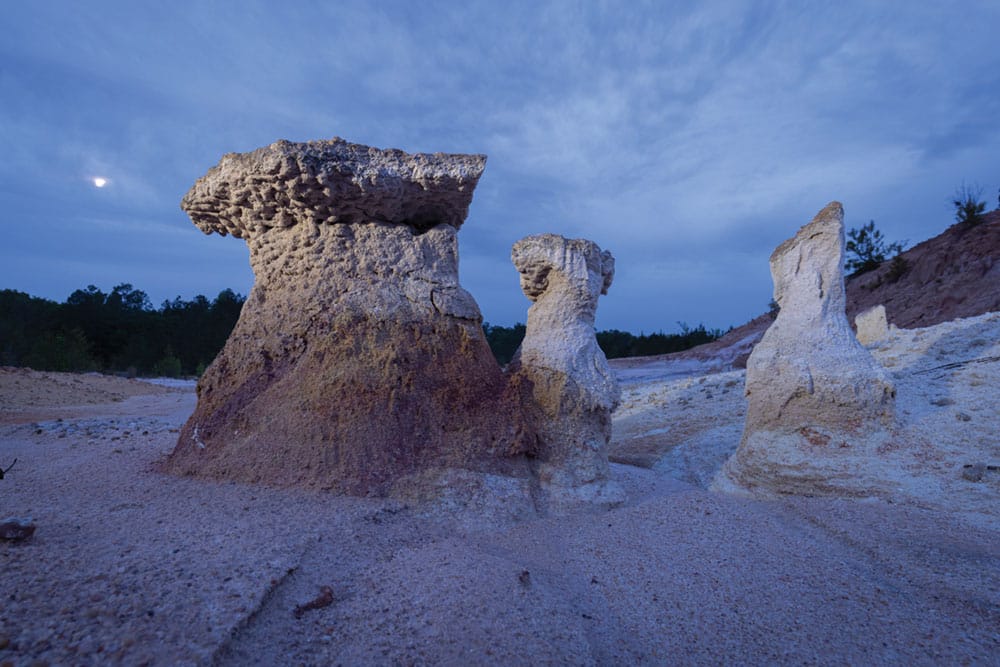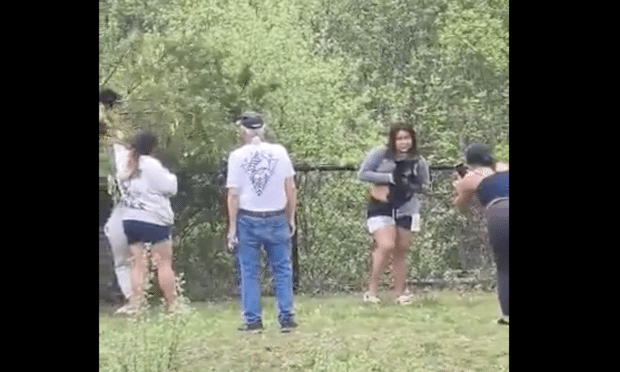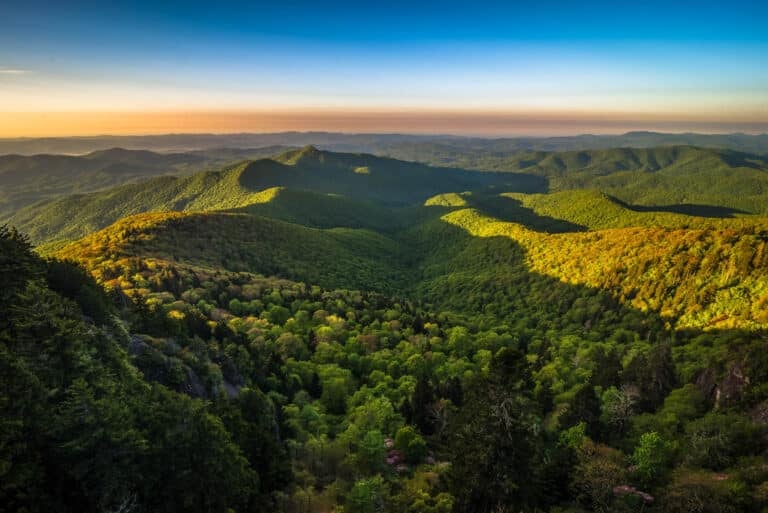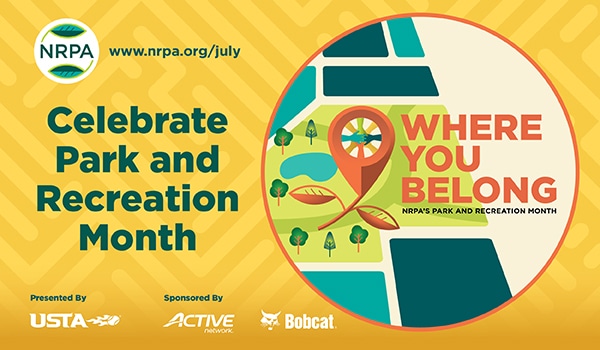In the middle of Georgia, ancient mounds are the centerpiece of a proposed national park and preserve that could protect one of the oldest and most important cultural sites in the Eastern United States.
The proposed Ocmulgee Mounds National Park and Preserve is also part of the original homeland of the Muscogee (Creek) Nation, whose citizens were forcibly removed and forced to walk over 1,000 miles to Oklahoma. Today, the Muscogee (Creek) Nation is the fourth largest tribe in the country, with more than 94,000 citizens. Many return to Ocmulgee on pilgrimages, or homecomings, each year, including their current Chief David Hill.
“We can honor these sacred lands with the country’s highest park designation,” says Seth Clark, executive director of the Ocmulgee National Park and Preserve Initiative (ONPPI)—and mayor pro tem of Macon-Bibb County. “The forced removal of the people who lived here is one of our original sins. This park is, in part, an act of atonement. The Muscogee (Creek) Nation’s voice has been missing from conservation in the South for generations. This partnership is an opportunity to finally get it right.”
Ocmulgee is as important to this country as Yosemite or Yellowstone, says Clark. It is home to 17,000 years of continuous human history. From 900 to 1100, the original inhabitants of this area maintained a thriving civilization. Mounds were sacred sites built by hand; the Muscogee people hauled at least 10 million baskets full of dirt and clay to build the sacred mounds. The mounds are surrounded by thousands of other cultural sites that remain largely unprotected.
Ocmulgee was designated a national monument by Franklin D. Roosevelt in 1934, but only 700 acres were protected. In 2019, Ocmulgee was upgraded to National Historic Park status. Earlier this year, ONPPI and partners acquired new land for the park, more than doubling its size to 1,700 acres.
Now, advocates and community leaders are aiming for full-fledged national park status and expanding the park to 70,000 acres. The Muscogee (Creek) Nation has joined all efforts from the beginning of the process to create a park and aims to have an equal voice with all partners in the co-management of the final park. The Muscogee Nation has also purchased more than 100 acres of land adjacent to the current site that may soon become part of the national park.
“A lot of healing is happening here,” says Tracie Revis, Muscogee citizen and director of advocacy for the Ocmulgee National Park and Preserve Initiative. Revis was Chief of Staff for the Muscogee (Creek) Nation Principal Chief Hill in Oklahoma. Last year, with Chief Hill’s blessing, she made the difficult decision to move from Oklahoma to middle Georgia to focus all of her efforts on the Ocmulgee National Park and Preserve.
“This is an exciting moment for us. At Ocmulgee, it won’t be just the park service talking about artifacts. We get to tell our story.”
The National Park Service is slated to finish its three-year feasibility study soon. Congressional leaders in Georgia have already expressed support for Ocmulgee National Park and Preserve. Clark hopes that Georgia’s Congressional leaders will introduce a bill this spring.
“This is our moment,” says Revis. “There has never been a better time to make this happen.”
Both Secretary of the Interior Deb Haaland and National Park Service Director Chuck Sams are Native Americans who have expressed support for protecting Indigenous homelands. The Muscogee (Creek) Nation is already deeply committed to the park. Ocmulgee also has widespread support from local leaders and the Macon community. Even nearby Robins Air Force Base supports the park.
Ocmulgee National Park and Preserve would be unique: it would consist of a patchwork of 70,000 acres along the Ocmulgee River that would be co-managed by multiple agencies and the Muscogee (Creek) Nation. Other national parks have consulted and included Native Americans as co-managers, but never has a park east of the Mississippi been co-created by a Native American nation or tribe. Ocmulgee would be the first park in the East—and one of the only parks in the country—to be co-created and co-managed by Indigenous people.
Ocmulgee National Park and Preserve would include the Bond Swamp, a biological hotspot that is home to endangered species and a rare population of black bears in Middle Georgia. The 70,000-acre mosaic of lands would also protect the Ocmulgee River corridor and some of the best hunting and fishing sites in the South. Its dual designation as a national park and preserve would enable hunting to continue, which is typically not allowed in national parks.
Ocmulgee will ultimately be a hub for hundreds of miles of cultural and recreational trails across Middle Georgia and could eventually connect Ocmulgee with the Altamaha River corridor and public lands along Georgia’s coastal plain, providing vital ecological and wildlife connectivity.
Plans for Ocmulgee also include a Muscogee Creek Cultural Center that will be owned and operated by the Muscogee people. It will celebrate the traditions, dances, and songs that Muscogee survivors have kept alive for centuries.
Revis recalls hearing songs at funerals and a song that her grandmother used to sing to her. Those were songs that were sung by her ancestors on the Trail of Tears. More than 15,000 Indigenous people died along the way. But the survivors held on.
“We didn’t cease to exist,” says Revis. “We weren’t erased. We are survivors, and this is a new day for us,” says Revis. “We are returning home.”
Experience It for Yourself
Ocmulgee Mounds is already a National Historic Park open to the public. Each September, the park hosts an Ocmulgee Indian Celebration. In 2022, the 30th annual Ocmulgee Indian Celebration will take place on September 17-18, and will include music, dance, crafts, educational programs, and storytelling.
Cover photo: Sacred mounds were hand-built by the Muscogee people with dirt and clay. photo courtesy of the Open Space Institute and Mac Stone Photography








